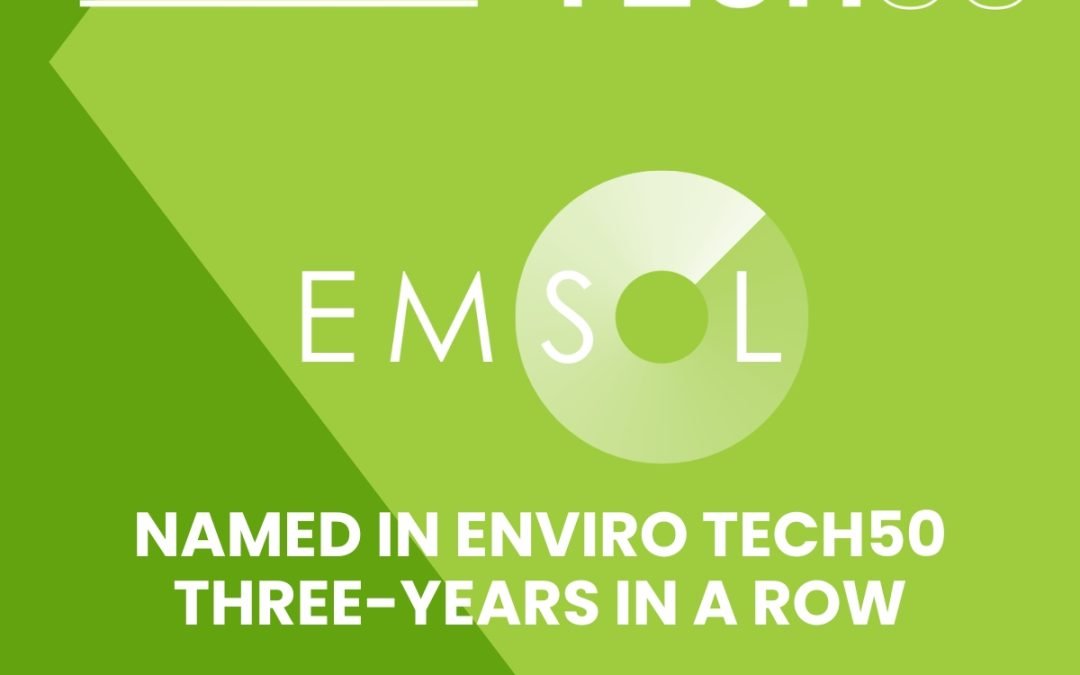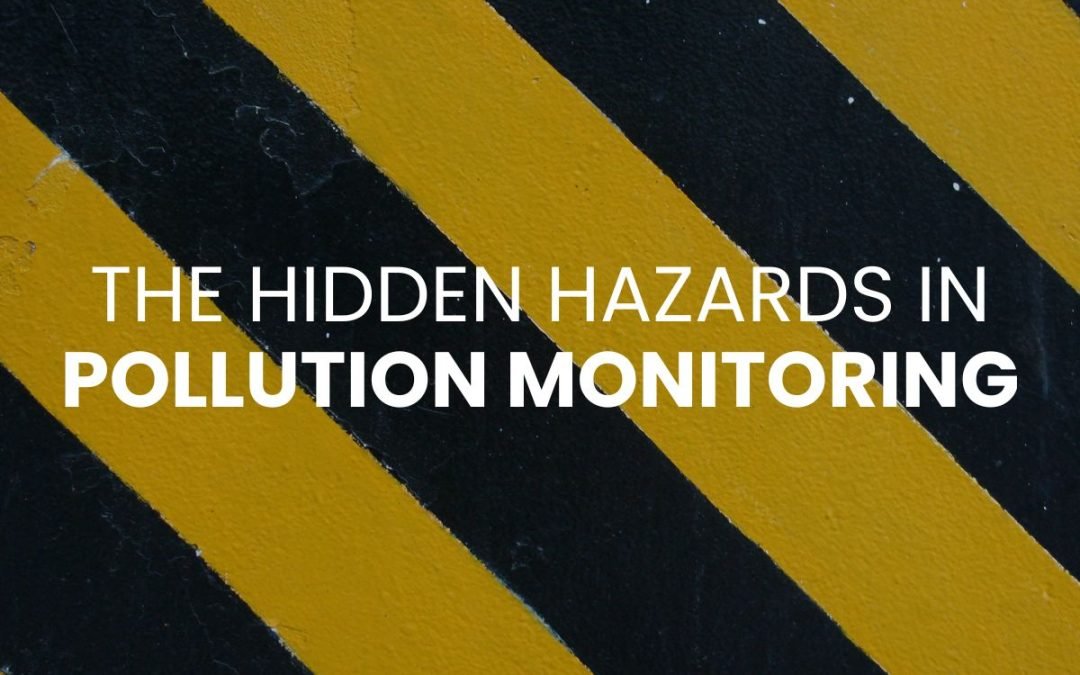[Updated August 2020 – COVID-19 has put a spotlight on the link between respiratory health issues and air quality with emerging evidence linking air pollution to an increased vulnerability to COVID-19. This requires urgent action to reduce congestion and maintain the benefits of cleaner air we experienced during lockdown. If you are interested in learning how you can take targeted daily action to improve air pollution from transport please contact us]
With Extinction Rebellion and climate activists in the news again, it merits revisiting why we believe action is needed.
There seems to be happening a lot with air pollution recently. If the impacts of air pollution on our children, and at-risk groups like the elderly doesn’t persuade you, then what about if we told you that poor air can inhibit your own brain? Or lead to you developing Alzheimer’s at an earlier age?
Recent studies in Mexico City and Manchester have shown that magentite from air pollution can pass directly into the brain. This can result in early onset Alzhemier’s. Meanwhile, studies in China have also shown that air pollution levels can impact on how we perform during mental tests.
For the latter, the researchers even hypothesise that the total impact of air pollution on cognitive performance may be underestimated, as their analysis simply used a comparison of standardised test scores. In Canada, people who lived close to busy roads were found to be 7% more likely to develop cognitive issues such as Alzheimer’s in later life.
The evidence also suggests that those who are most disadvantaged in society are those who suffer the most from the effects of air pollution. This is partly because they live in areas that are most affected by air pollution. For example, 85% of schools in London with the worst levels of air pollution are in socially-deprived areas. Although, the evidence shows that, even if those who are better off have higher levels of exposure to air pollution, those who are comparatively less well off still suffer more from air pollution-related health issues. For instance, men with a lower educational attainment are more at risk from experiencing cognitive issues as a result of poor air quality.
Both action, and inaction, on air quality therefore becomes very personal. Whilst the effects of poor air quality is felt differently by different groups, air pollution does not discriminate its victims.
This means that air pollution is not just an issue affecting others. It affects everyone. I don’t know about you, but I plan to live an active and rewarding old age. Not one where years of breathing in exhaust fumes limits my ability to do the daily crossword puzzle, or means I struggle for breath when walking around town. Even though right now I feel as fit as a fiddle.
The time for words and soundbytes has come and gone. Unless we wish for this slow killer to gradually chip away at our lives for the next 30 years, the time for action is now.





